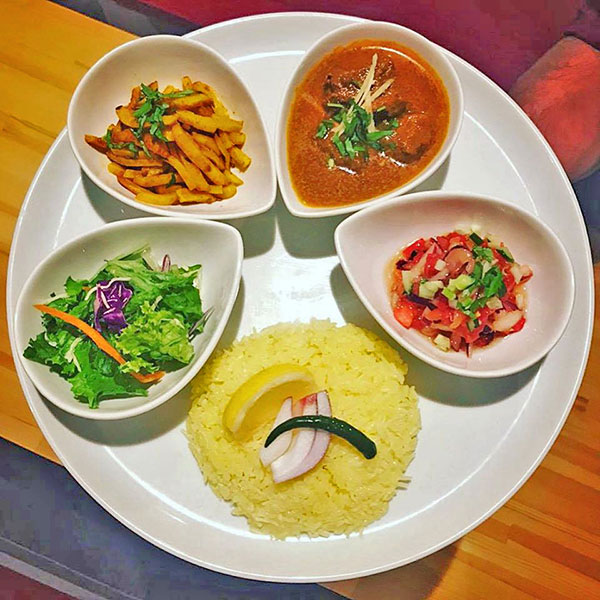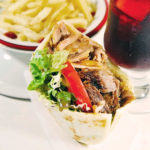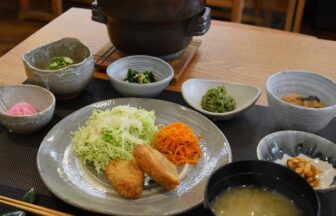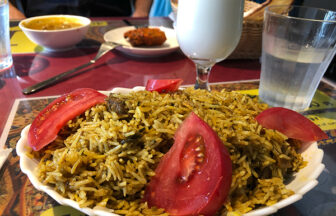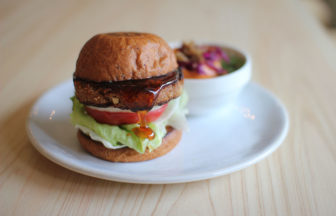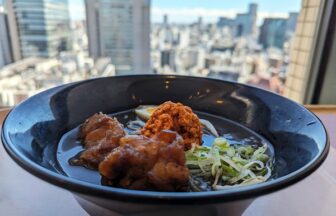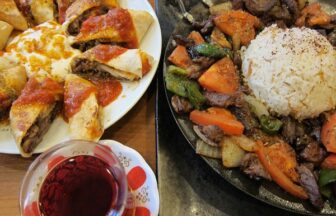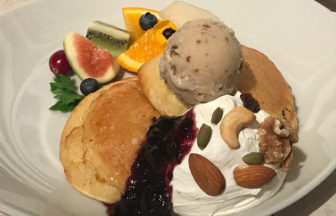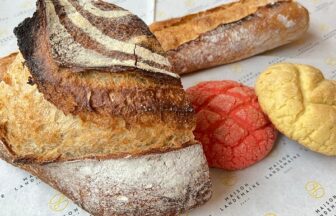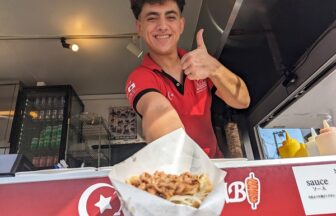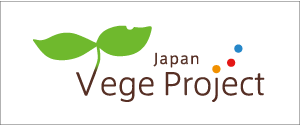Open in front of Otsuka station! A stylish Bangladeshi restaurant.
SUNALI is a Bangladeshi restaurant operating three stores mainly in Tokyo. A two-minute walk from JR Otsuka Station, “Bengal Bistro SUNALI Minami Otsuka” is a beautiful store that was reopened in May 2020. In a stylish restaurant, like a cafe-bar atmosphere, you can enjoy authentic Bengal regional cuisine and world liquor.
The Minami Otsuka store offers a morning plate from 7:00 to 11:00. Bengal-style breakfast is a style of roti and paratha with egg dishes, vegetables and beans.
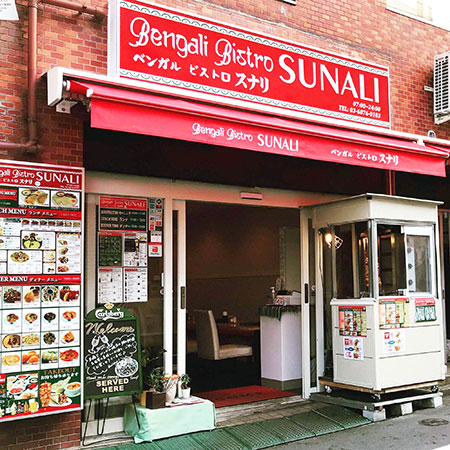
Bengal Bistro Snari Minami Otsuka
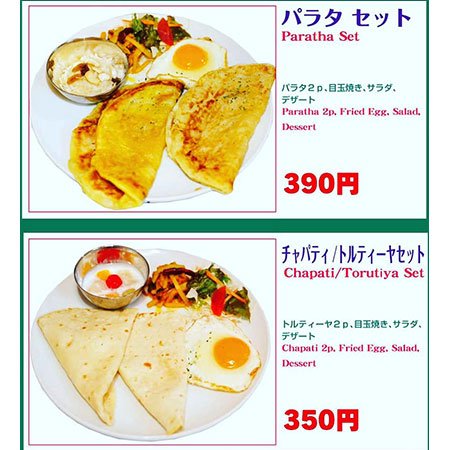
Morning menu
Start your day with a Bengali-style breakfast.
There are more than 100 kinds of menus, which convey the taste of the owner’s hometown to Japan
Once the ingredients are purchased, they are cooked with spices the same day. Bengal curry of SUNALI is characterized by using bone-in meat fish. By chopping the meat together with the bones and simmering it slowly, they can make a curry that has plenty of umami ingredients condensed from the bone marrow.
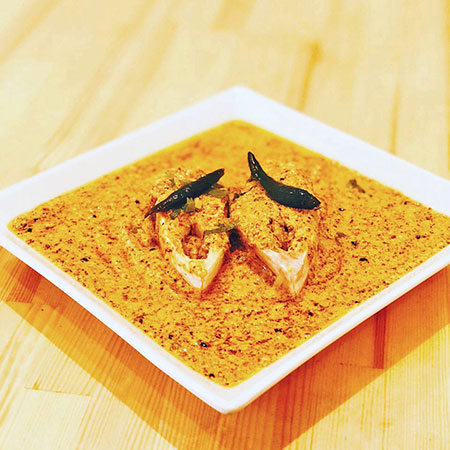
Ilish mustard curry
At the shop, you can enjoy rare fish dishes such as Bengal’s national fish “Ilish” and the catfish family “Pangash.” The fish curry for lunch on that day was a freshwater fish called Pangash. The body meat is plump, has no odor, and is very delicious.
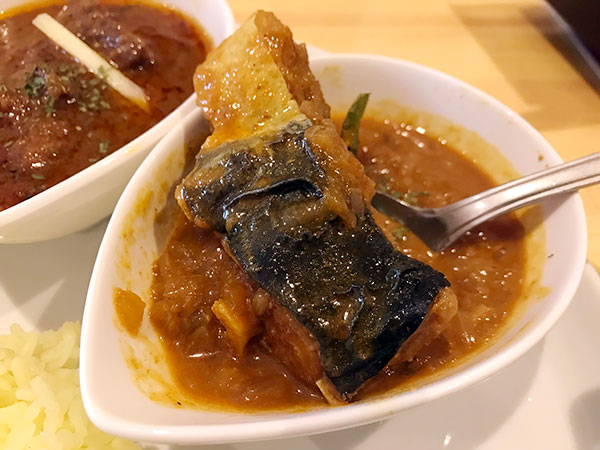
2 types of curry set (fish curry with bone)
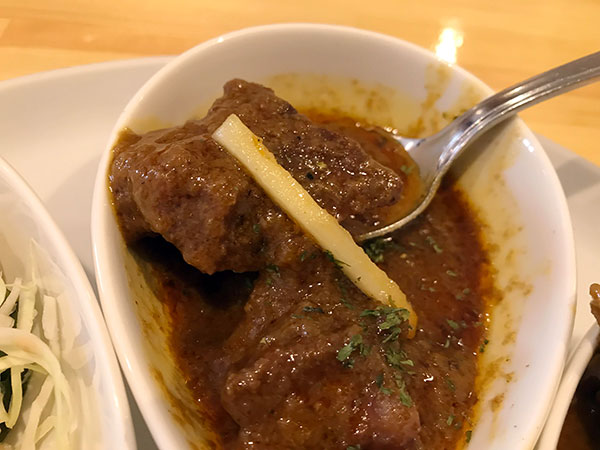
2 types of curry set (mutton curry with bone)
Even if there is a liquor menu, all meals are halal-friendly. Since the meat is also halal certified, Muslims can eat with confidence.
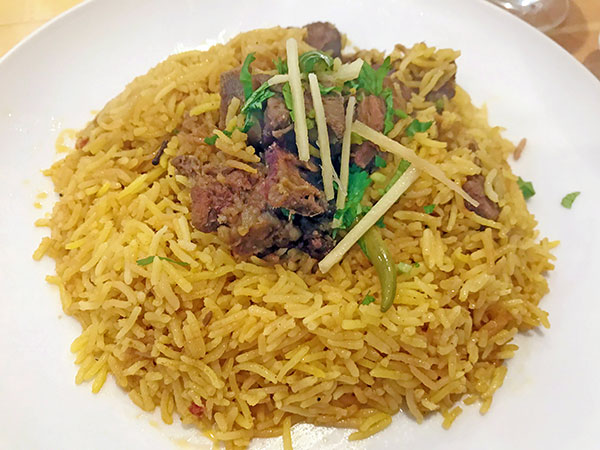
Mutton biryani
This is a Bengal SUNALI plate, which is a plate of home-cooked food from the Bengal region. This is a great-deal menu that includes: one type of curry you like, balta (mashed dish), baj (stir-fried food), salad, rice, and soft drinks. At lunchtime, you can refill naan or rice for free.
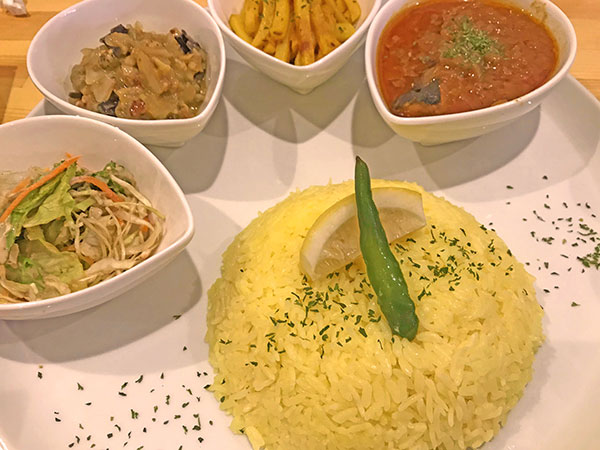
Bengal Sunali Plate 1,380 yen
In addition to the main course, there are also traditional Bengali desserts such as Kacha Golla and Shondesh. It is said that the menu and ingredients are carefully selected to reproduce the local cuisine of the Bengal region, so that you can feel the “tional Bangla” (golden Bengal) in each dish. In addition, the national colors of red and green Bangladesh are coordinated everywhere in the shop, which makes you feel attached to the country.
1 minute walk from Otsuka Mosque! A shop that is highly trusted by Muslims with its Halal supermarket
The owner of SUNALI also runs two halal shops in addition to restaurants. The RAHMANIA HALAL FOOD SHOP is within a 5-minute walk from the Minami-Otsuka and Higashi-Ikebukuro stores.
Nearby is the Otsuka Mosque, which plays a central role in the Muslim community of that area. The shop is using a room in a condominium, in a residential area, so it may be a little confusing, but it is an indispensable part of the neighboring Muslims that have been open since 2003.
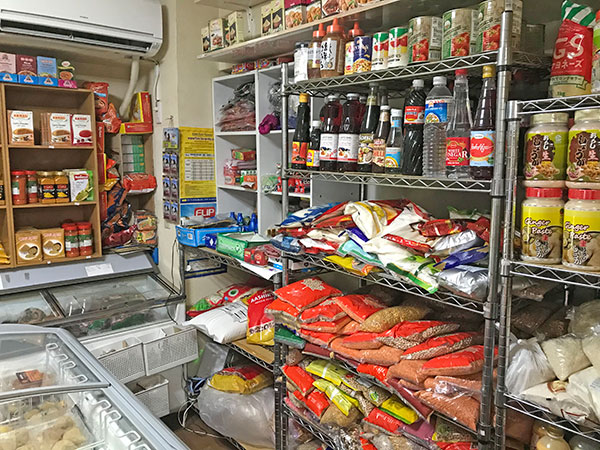
RAHMANIA HALAL FOOD SHOP (1F, Okubo Shoji Building, 3-40-8 Minami Otsuka)
Ingredients from India and Bangladesh are lined up in the shop. They also sell frozen fish and meat, and have a lot of ingredients that are rare in Japan.
Then, in September 2020, the RAHMANIA HALAL SUPERMARKET was opened.
The new supermarket has imported ingredients from around the world, vegetables, daily deliveries, and also has items for Japanese people.
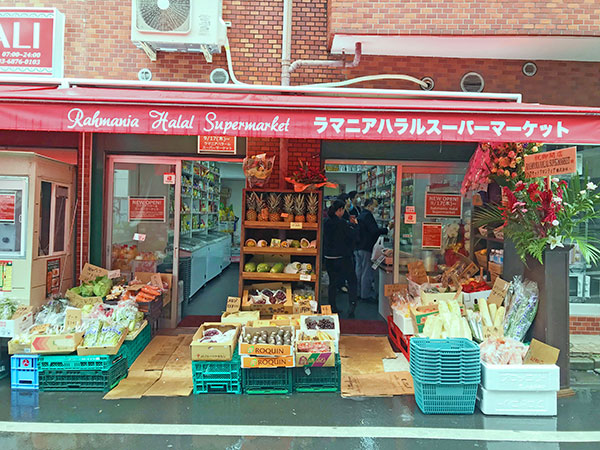
RAHMANIA HALAL SUPER MARKET
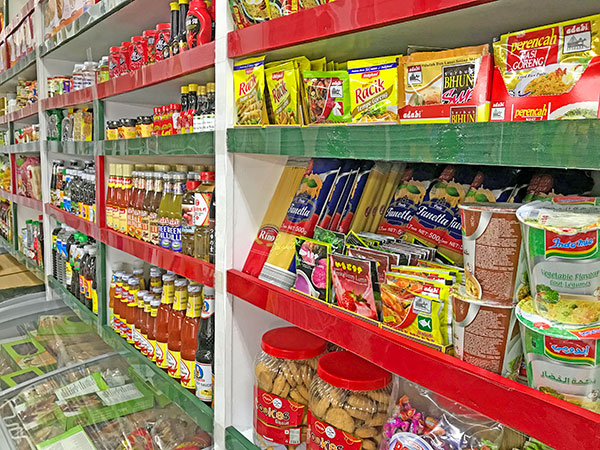
Halal food over the world
This S & B Golden Curry that does not use animal ingredients is a curry roux that can be used for Muslims.

Golden curry without S & B animal ingredients
Supervisor / Recommender

- Halal Supervisor and Foreigner Food Coordinator (Cooking, Consulting, Public Relations)
-
Click here for introduction
I currently work as an editor, but my previous job was as a chef, with many years of experience working in hospitals, restaurants, and the food service industry. Looking back, I think my connection to halal may have already been there.
Decades ago, I once worked in a cafeteria at an auction venue. Over 60% of the visitors were foreigners. Many Muslims were present, and the venue had a mosque-like prayer space. I remember being frequently asked questions about whether the meat was halal and what kind of meat it was. At certain times, the cafeteria would become as lively as a festival. The Indian restaurant next door would generously serve free biryani, curry, and sweet drinks to everyone who came. Over 100 people, including people wearing bright red turbans, galabeyas, and traditional attire, gathered in the cafeteria, all sitting around the same table and enjoying a truly enjoyable time. Looking back, it was iftar, the end of fasting, and I understand the significance of sharing, but at the time I was ignorant of halal and Islam, and didn't even consider how to respond. They only ate the curry made by the Indians in the restaurant. As I studied halal, I realized, "I wanted to eat Japanese food, but I couldn't." I regret not doing anything even though there was something I could have done.
If only it didn't contain pork! If only it didn't contain wheat or buckwheat! I could eat it... Food insecurity is different for each person.
That's why I think it's important to learn about the differences in culture, religion, and lifestyle that underlie it, and to create an environment where everyone can enjoy delicious meals in comfort.
The desire for delicious, safe, and secure food is universal. The times are calling for people to live in new ways that transcend borders and religions. I hope that halal can be a gateway to eliminating food insecurity, contributing even in some small way to a society where people can coexist and prosper with more liberal thinking, and to global harmony beyond.
Latest entries
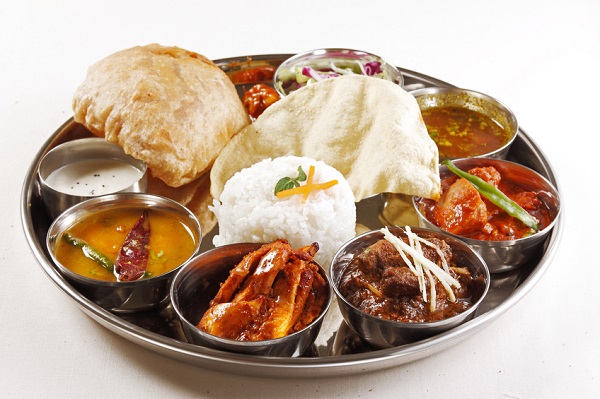 Tokyo2023年11月4日Dakshin South Indian Restaurant Otemachi Branch
Tokyo2023年11月4日Dakshin South Indian Restaurant Otemachi Branch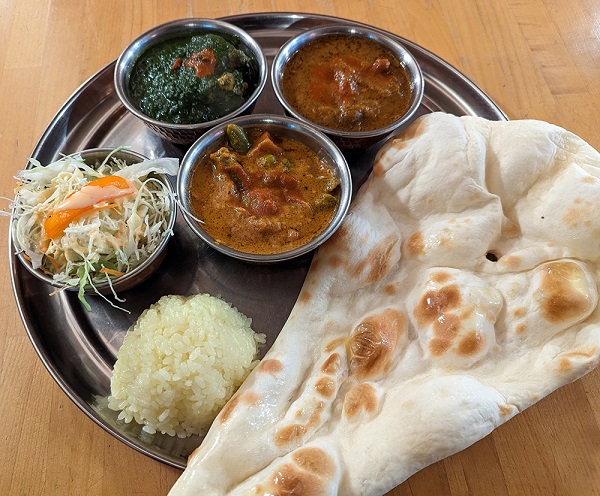 Tokyo2023年10月23日Gandhi Mahal
Tokyo2023年10月23日Gandhi Mahal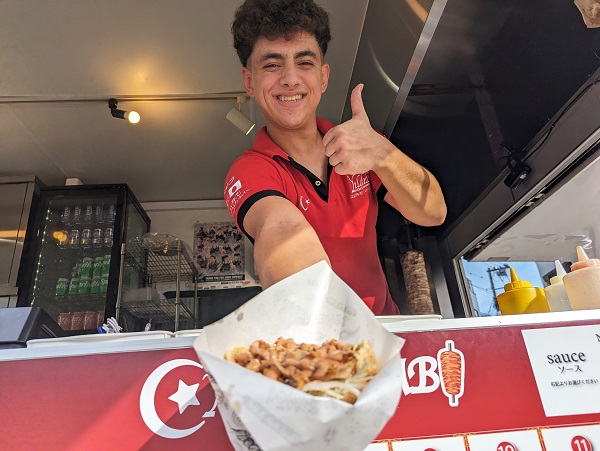 Tokyo2023年10月23日Yıldız KEBAB
Tokyo2023年10月23日Yıldız KEBAB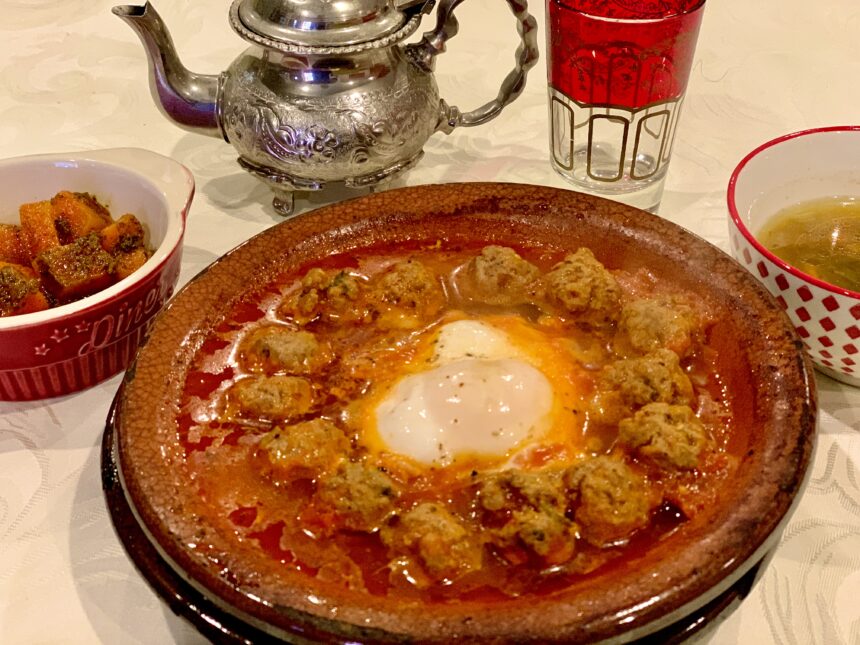 Tokyo2023年10月4日Restaurant Morocco
Tokyo2023年10月4日Restaurant Morocco

